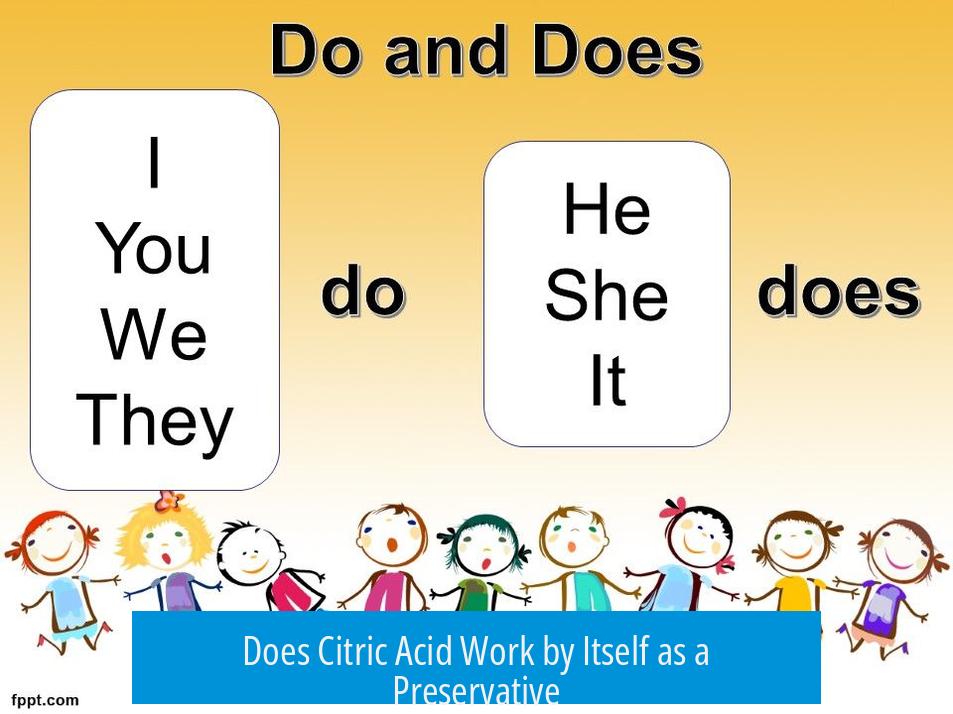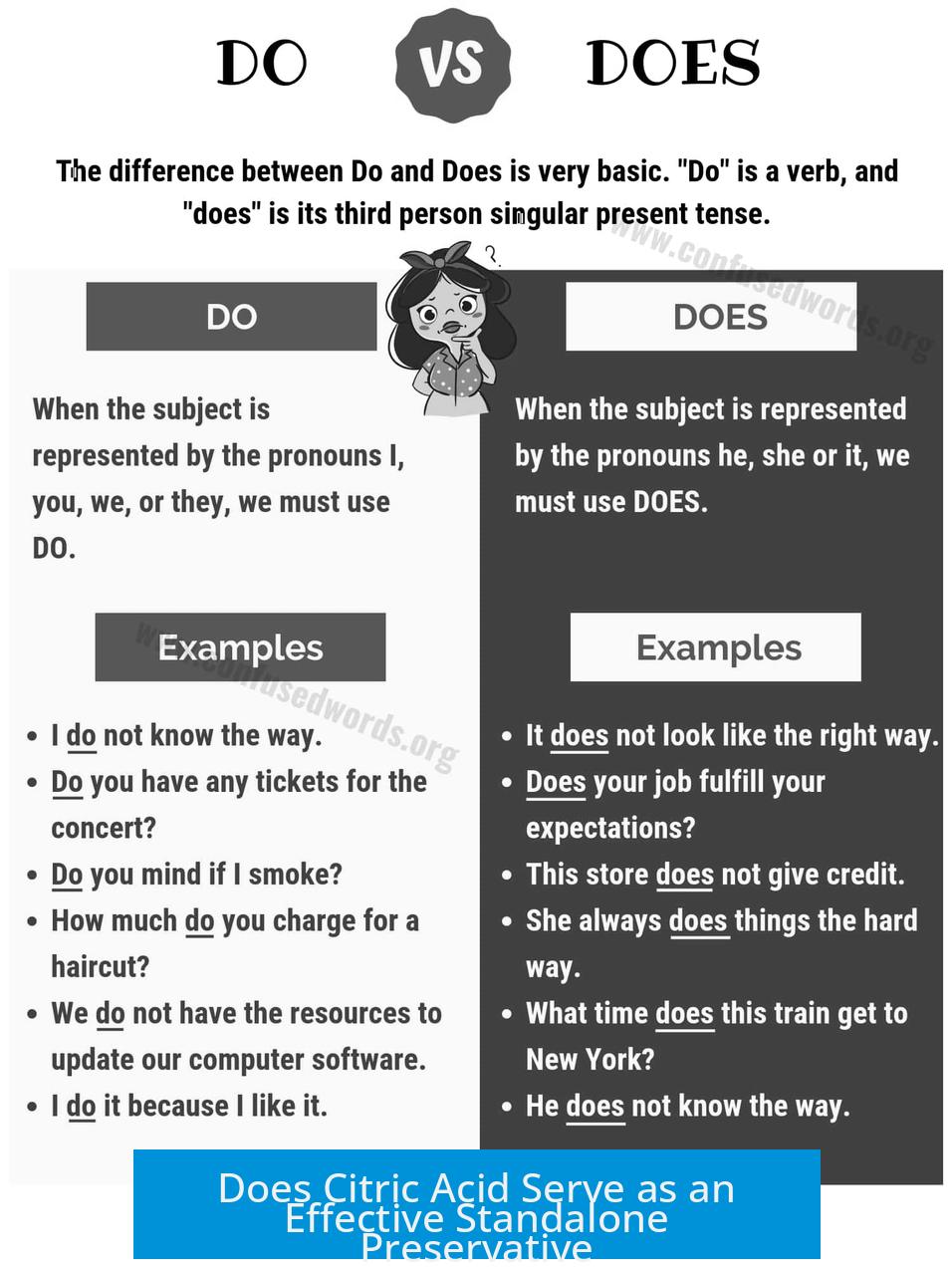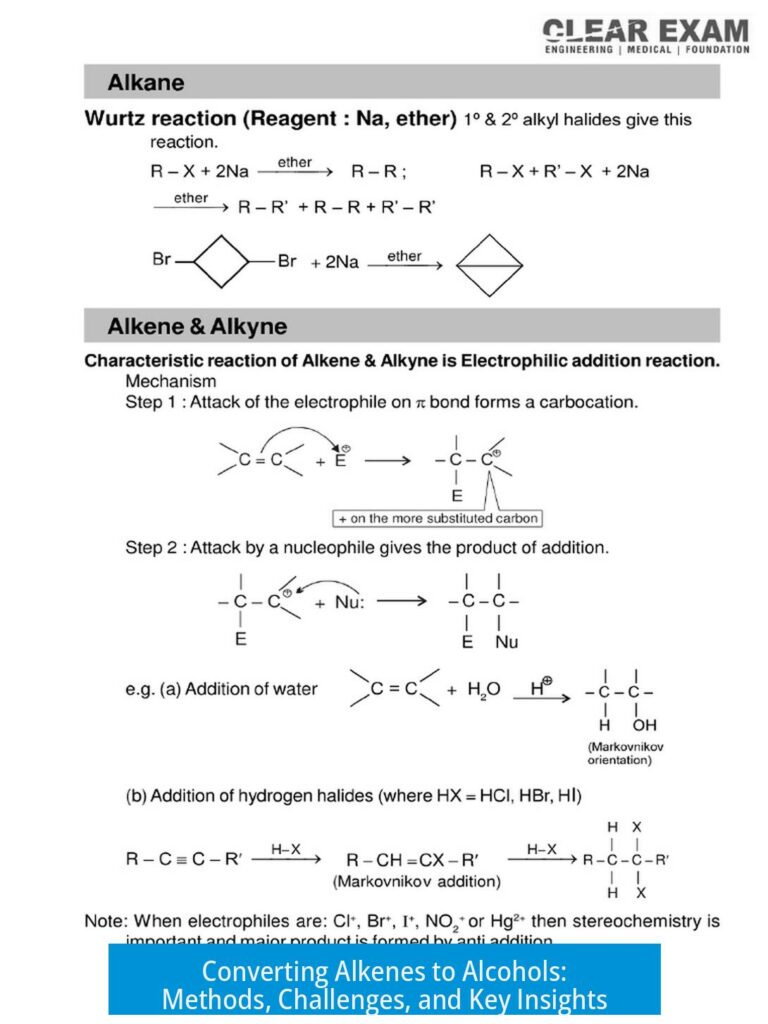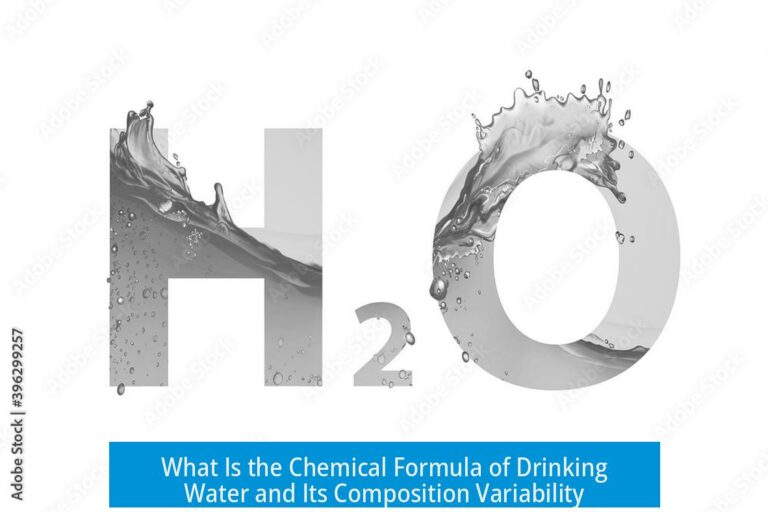Does Citric Acid Work by Itself as a Preservative?

Citric acid does exhibit some preservative effects on its own, mainly by lowering pH and chelating minerals that microbes need. However, its preservative action tends to be limited and condition-dependent.
Role of Citric Acid in Preservation
Citric acid belongs to a group of weak organic acids that can serve as biological preservatives. Its primary functions, however, are as an antioxidant and acidity regulator in foods. This means it prevents oxidation and controls acidity rather than acting broadly as a standalone preservative.
How pH Lowering Influences Preservation
Citric acid reduces the pH level of a solution, creating an environment less favorable for many bacteria. When the pH is sufficiently low, it can inhibit bacterial growth effectively. That said, this acidification has limited effect on mold prevention, which is a common spoilage issue in foods.
Mineral Chelation and Microbial Growth Inhibition
Beyond lowering pH, citric acid binds to minerals such as calcium and magnesium. These minerals are often critical for microbial metabolism. By reducing their availability in foods with initially low calcium and magnesium, citric acid can further inhibit microbial growth. This chelating action adds to its preservative properties under specific conditions.
Limitations of Citric Acid as a Standalone Preservative
- Effectiveness depends on sufficiently low pH levels.
- Less effective against molds compared to bacteria.
- Requires low ambient mineral content for effective chelation impact.
- Commonly used alongside other preservatives for broad-spectrum efficacy.
Additional Considerations
Citric acid is often chosen over stronger acid preservatives like vinegar due to its milder taste. Its aqueous solutions might dilute preservative strength, suggesting product formulation influences its effectiveness substantially.
Key Takeaways
- Citric acid lowers pH and binds essential minerals to limit microbial growth.
- It is more effective against certain bacteria than molds.
- Its standalone preservative power is limited and context-dependent.
- Functions primarily as an antioxidant and acidity regulator, not a broad-spectrum preservative.
Does citric acid alone effectively preserve food?
Citric acid alone has limited preservative effects. It mainly lowers pH and chelates minerals, which can inhibit some bacteria but is less effective against molds.
How does lowering pH help citric acid act as a preservative?
Lowering pH with citric acid creates an environment that discourages certain bacteria. However, not all microbes, especially molds, are prevented by this acidic environment.
What role does chelation of calcium and magnesium play in preservation?
Citric acid binds calcium and magnesium ions, which microbes need to grow. This can inhibit microbial growth when these minerals are in low supply initially.
Is citric acid better as an antioxidant or as a preservative?
Citric acid is mainly used as an antioxidant and acidity regulator. Its preservative ability is secondary and depends on conditions like pH and mineral levels.
Can citric acid prevent mold growth effectively?
No, citric acid is not very effective against molds since lowering pH and chelation mainly target bacteria and some microcritters, not molds.





Leave a Comment